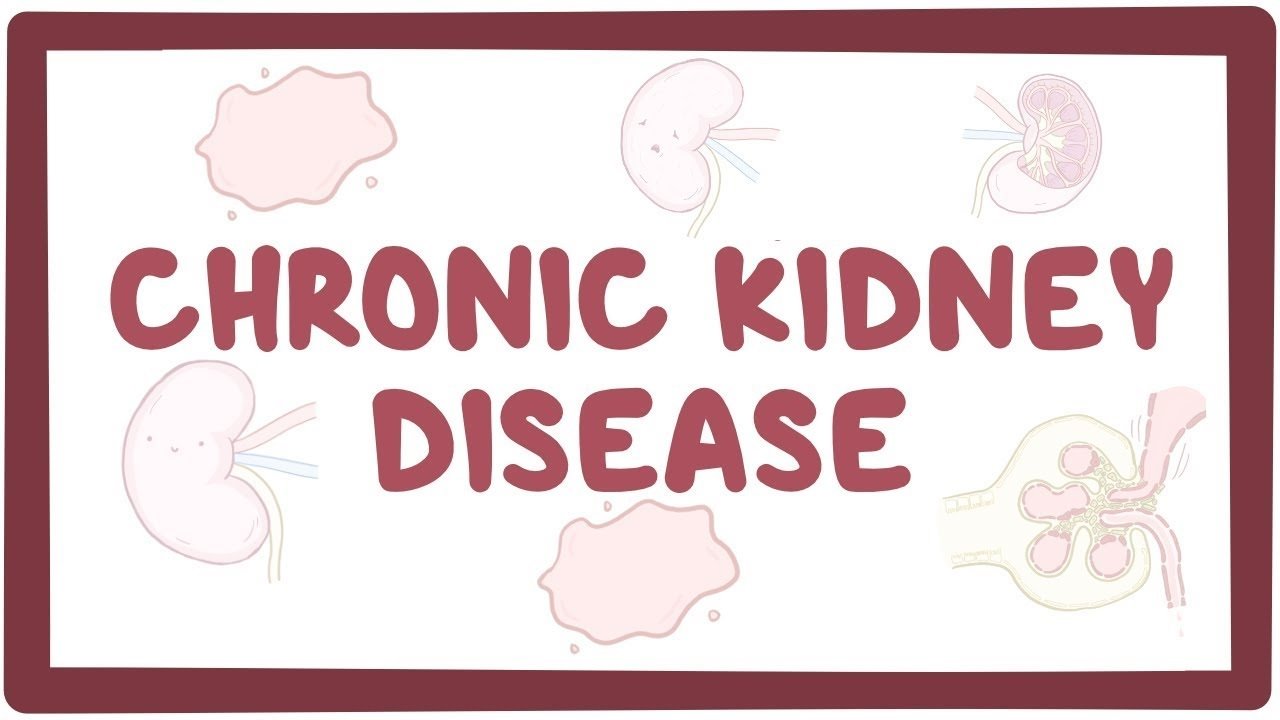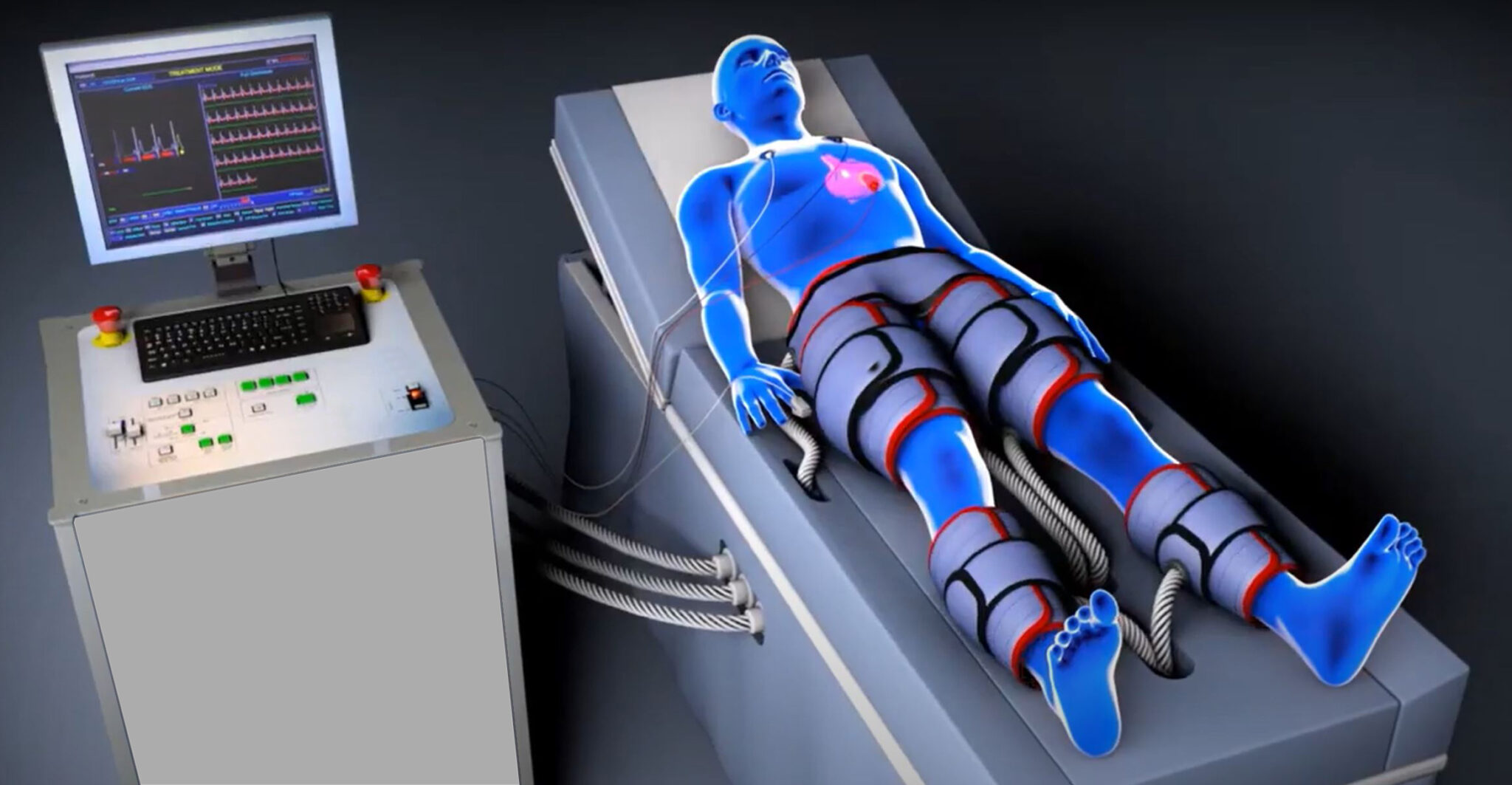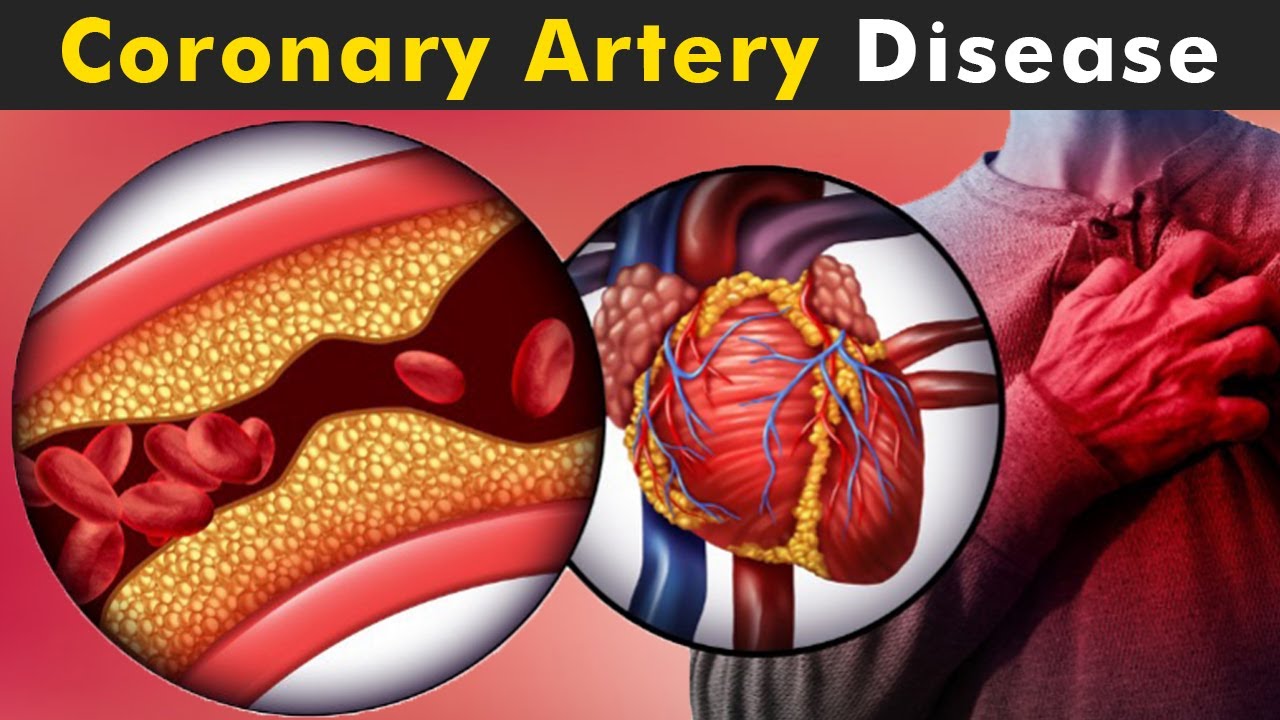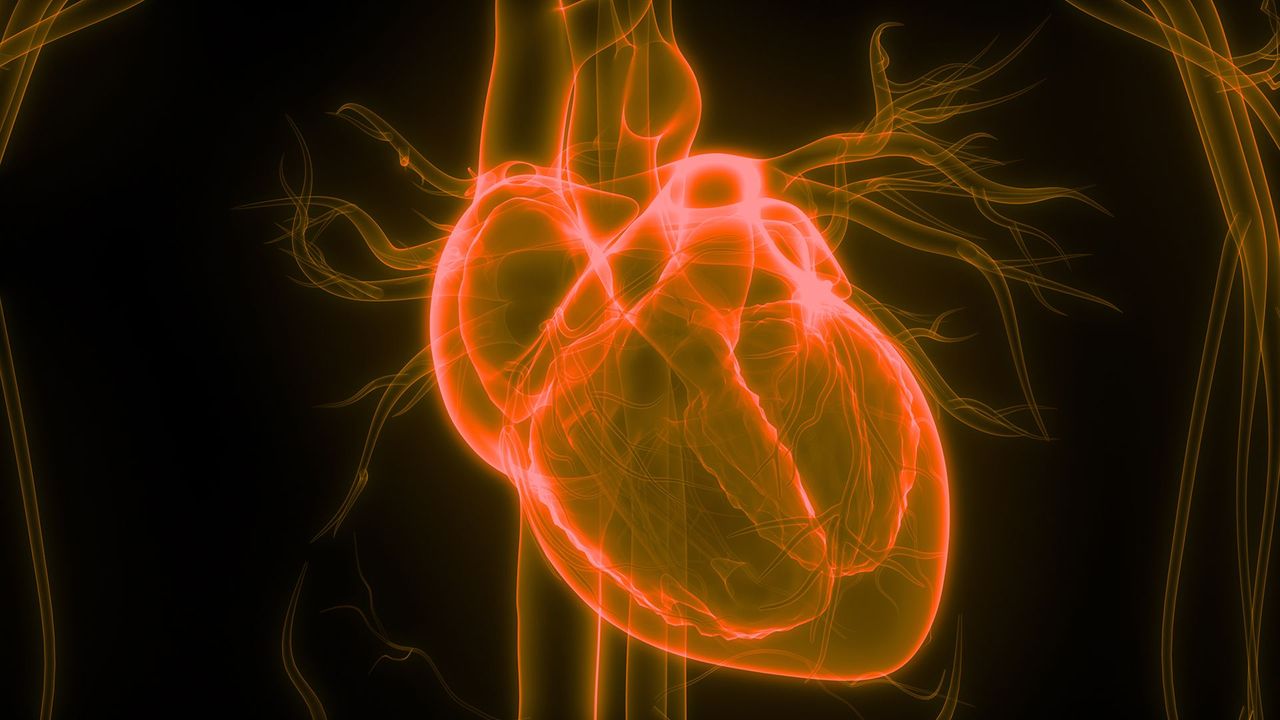Dec 19, 2023
Chronic kidney disease – Diagnosis and treatment

Chronic kidney disease CKD means your kidneys are damaged and can't filter blood the way they should. The main risk factors for developing kidney disease are diabetes, high blood pressure, heart disease, and a family history of kidney failure.

















